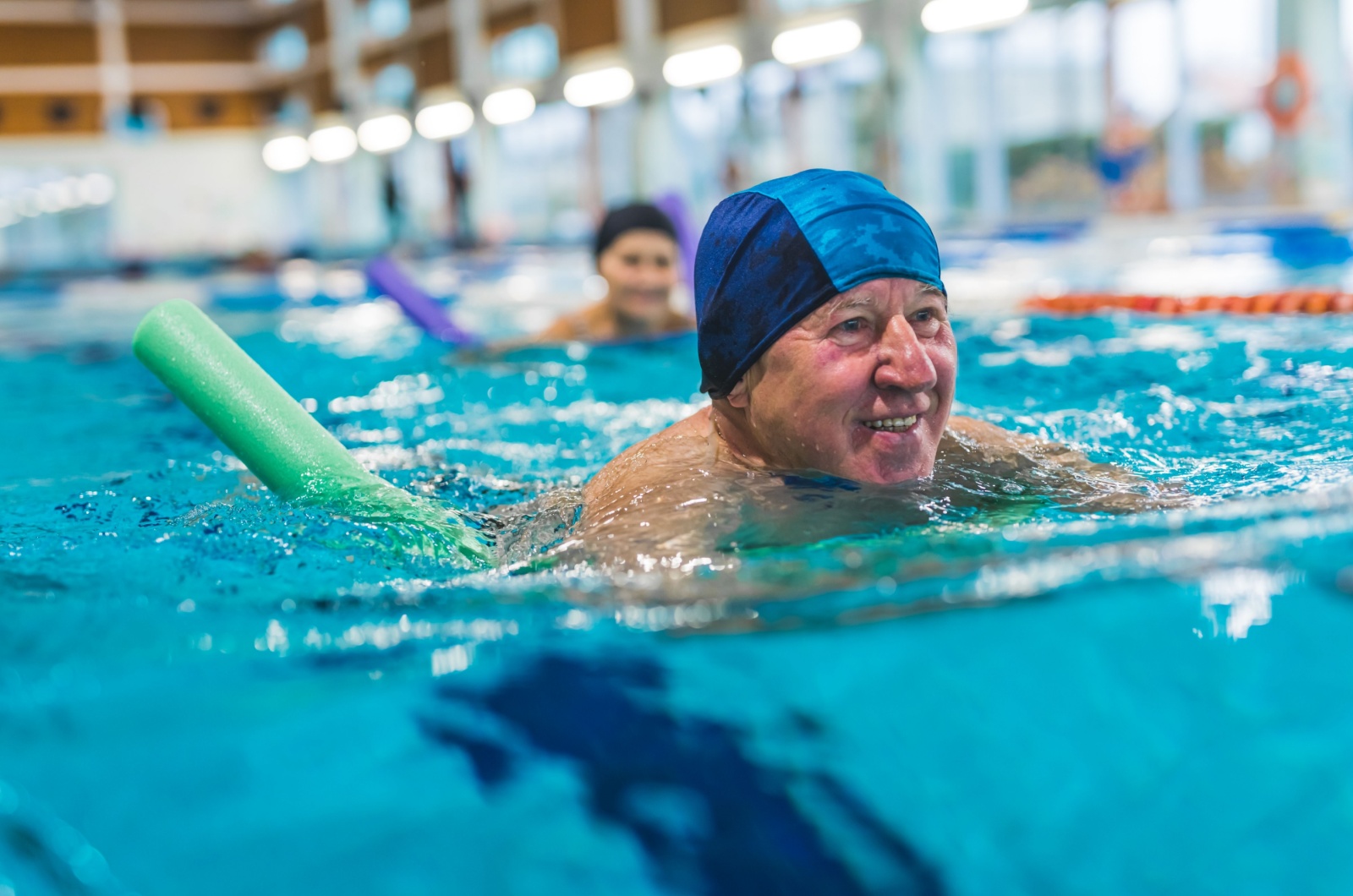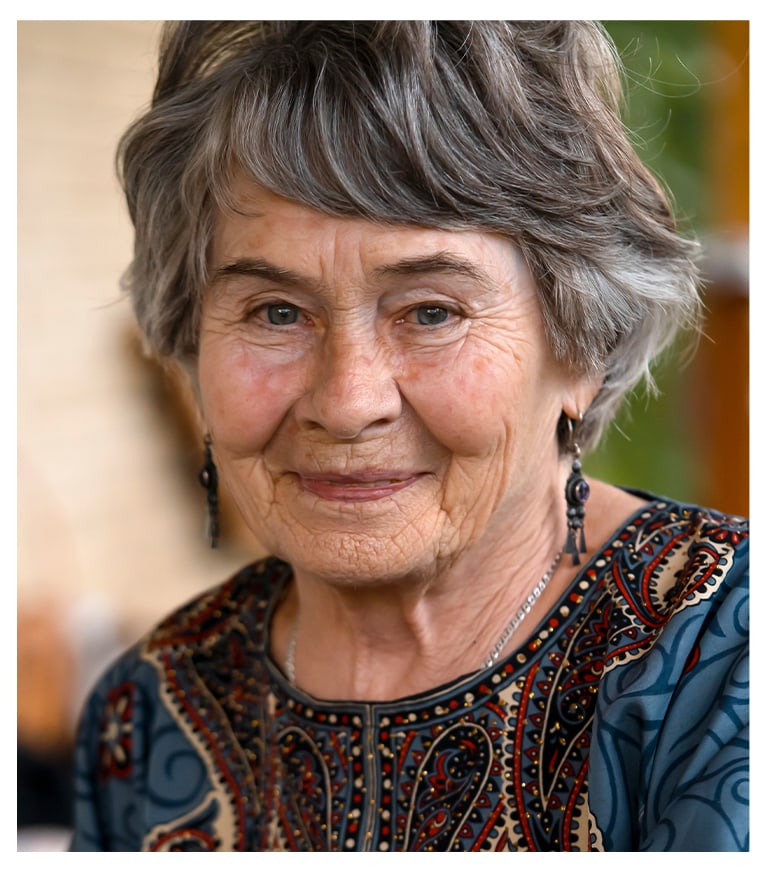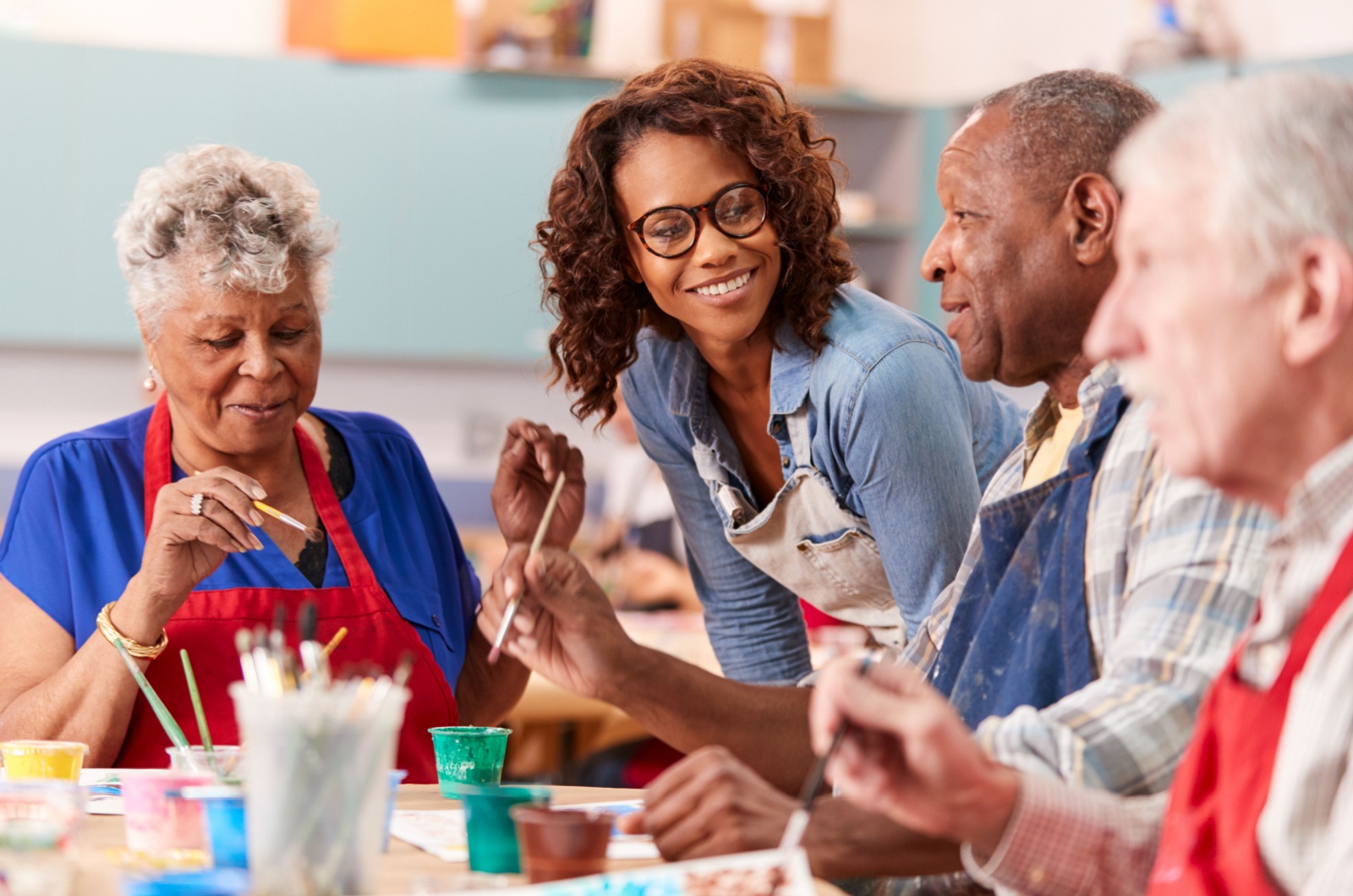Therapeutic activities offer a world of benefits for older adults, providing joy, engagement, and immense physical, mental, and emotional support. 4 types of therapeutic activities for older adults include:
- Physical activities
- Cognitive activities
- Social activities
- Sensory activities
Whether a loved one lives alone or in a senior community, these activities can represent a holistic approach to enhancing overall health and well-being in older adults by keeping them active and engaged.
What Are Therapeutic Activities?
Therapeutic activities are structured and purposeful engagements designed to promote overall well-being. They encompass a range of activities catering to older adult’s physical, mental, and emotional needs.
Therapeutic activities for older adults can be key to their improvement, as they offer a break from routine, stimulate the mind, and encourage physical movement. These are crucial in maintaining overall health and active aging. By integrating therapeutic activities into daily life, caregivers and family members can improve the quality of everyday life.
Therapeutic Activities for the Elderly
Various therapeutic activities can fall under 4 types.
- Physical Activities

Physical activities are essential in maintaining the mobility and strength of older adults. Simple exercises like walking, gentle yoga, swimming, and chair exercises can make a significant difference.
Older adults can enjoy numerous health benefits by incorporating physical activities into daily routines. These activities keep muscles strong, improve balance, and enhance overall well-being. It helps to find exercises that are enjoyable and suitable for individual abilities.
- Cognitive Activities
Cognitive activities are designed to keep the mind sharp and engaged. Brain games, puzzles, reading, and learning new skills are excellent choices. These activities challenge the brain, improve memory, and boost cognitive function.
Brain games and puzzles, such as crosswords and Sudoku, provide mental stimulation and a sense of achievement. Reading is another fantastic option, offering both entertainment and education. For those interested in exploring new hobbies, learning a new skill, like playing an instrument or painting, can be incredibly rewarding.
- Social Activities
Social interactions are crucial for emotional well-being and include group outings, family visits, and participation in community activities. These activities foster connections, reduce feelings of loneliness, and create lasting memories.
Social activities are vital for maintaining a positive outlook and help create a support network where older adults feel loved, valued, and connected to others.
- Sensory Activities
Sensory activities engage the senses and provide comfort and relaxation. Gardening, aromatherapy, music, and nature activities are popular choices. These activities stimulate the senses, promote relaxation, improve mood, and can benefit those with cognitive decline.
By incorporating sensory activities into daily routines, older adults can experience a heightened sense of well-being. These activities offer moments of peace and relaxation, enriching the overall well-being.
Tailoring Activities to Older Adult’s Needs
Each individual is unique, and it’s important to tailor therapeutic activities to suit personal preferences and abilities. Ways to tailor therapeutic activities can include:
- Observe an older adult’s interests, strengths, and limitations.
- Consider an older adult’s physical health, cognitive function, and emotional well-being.
- Involve an older adult in the decision-making process.
- Encourage an older adult to express their preferences and be open to trying new activities.
A collaborative approach means the chosen activities will be both enjoyable and beneficial. Flexibility is also key when tailoring activities. Be willing to adapt and make changes as needed. By creating a personalized plan, older adults remain engaged, motivated, and fulfilled.
Overcoming Challenges to Therapeutic Activities
Engaging older adults in therapeutic activities may come with challenges. Common obstacles include lack of interest, physical limitations, and cognitive decline. However, with patience and creativity, you can help older adults overcome challenges.
Start by understanding the reasons behind the resistance. Address any concerns and offer reassurance. Encourage participation by highlighting the benefits and providing positive reinforcement.
Introduce activities gradually, starting with shorter sessions and building up over time. Use adaptive equipment or modify activities to accommodate physical limitations. Most importantly, celebrate small successes and encourage motivation and confidence.
Getting Support for Therapeutic Activities
Caregivers and family members may need additional support when implementing therapeutic activities. Fortunately, there are resources available to provide guidance and assistance.
Consider reaching out to professional caregivers or community programs for support. These professionals can offer expertise, advice, and additional resources to enhance your loved one’s experience.
Personalized Wellness Approach
Therapeutic activities offer a wealth of benefits for older adults, promoting physical, mental, and emotional well-being. Remember to tailor activities to individual needs and overcome challenges with patience.
Consistency is crucial when it comes to therapeutic activities. Encourage your loved one to explore new activities and embrace the joy and fulfillment that therapeutic activities bring.
If you need support for a loved one, contact The Enclave of Newell Creek to learn more about how we can create a vibrant, engaging environment for them with personalized wellness programs.









